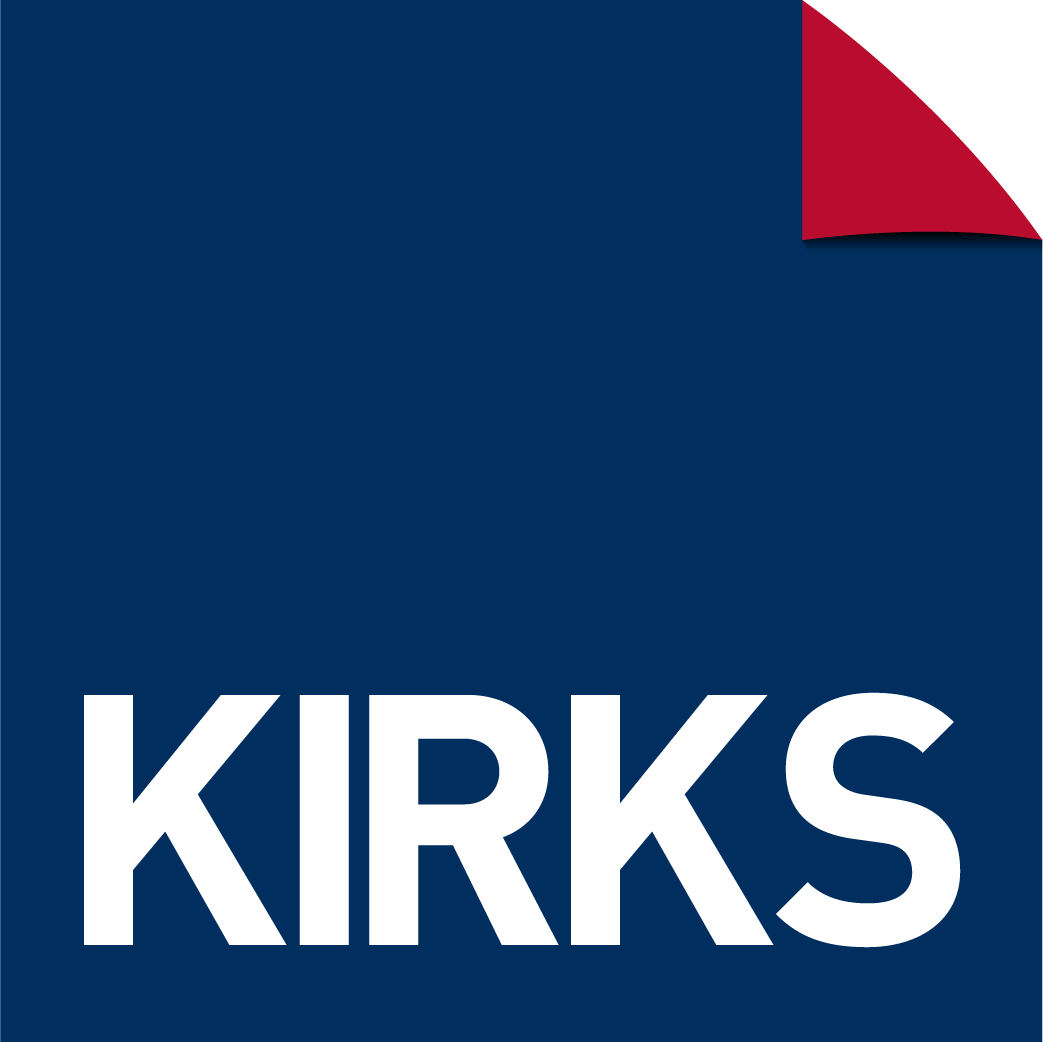The quick answer
The primary rule is that capital gains tax is still due on the gain in selling an asset even if sold by the liquidator.
It is an expense of the liquidation and paid in priority to any creditor claims.
In more detail
An Example Of How This Works
The most common asset sold by a liquidator that results in a capital gains tax liability is the sale of a freehold property. The company may have owned the property or premises for a number of years. If the property has gone up in value there will be a capital gain.
We work out the capital gains tax due and report it to HM Revenue and Customs. It does not matter whether or not there is a loan or mortgage on the property – this does not affect the tax due.
What About Other Assets?
Most other assets sold do not give rise to a tax bill.
Assets sold before liquidation will have crystallised a tax bill before the date of liquidation. This is not an expense of the liquidation but an unsecured creditor.



